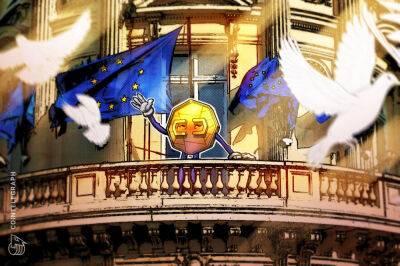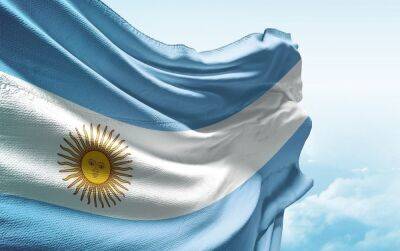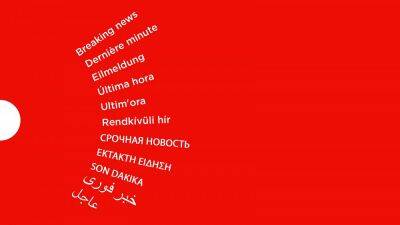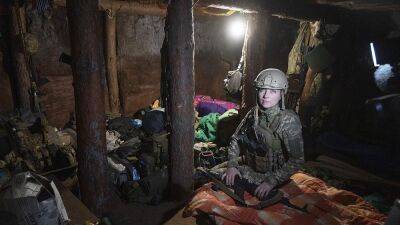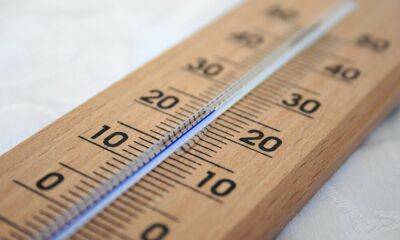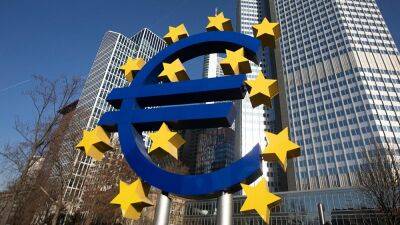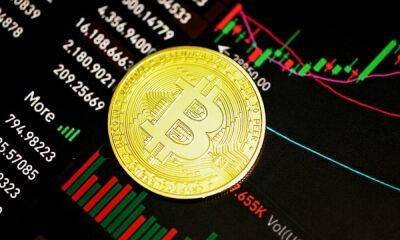Return to the 70s: World Bank warns of weak growth and high inflation
The global economy faces a protracted period of weak growth and high inflation reminiscent of the 1970s as the impact of a two-year pandemic is compounded by Russia’s invasion of Ukraine, the World Bank has warned.
In its half-yearly economic health check, the Washington-based Bank said echoes of the stagflation of four decades ago had forced it to cut its growth forecast for this year from 4.1% to 2.9%.
David Malpass, the Bank’s president, said: “The war in Ukraine, lockdowns in China, supply chain disruptions and the risk of stagflation are hammering growth. For many countries, recession will be hard to avoid.”
The Bank said its global economic prospects (GEP) report was the first systematic attempt to compare the current state of the world economy with those during the stagflation of the 1970s.
It said the slowdown in growth between 2021 and 2024 was on course to be twice that of the period between 1976 and 1979, adding that recovery from the high inflation that followed the oil shocks of the mid and late 1970s required steep increases in interest rates in the west. These played a prominent role in triggering a string of financial crises in emerging market and developing economies, it added.
While both rich and poor countries would be hit by the growth slowdown, the World Bank said developing and emerging market economies were the more vulnerable. It said the level of per capita incomes in developing countries in 2022 would be 5% below their pre-pandemic trend.
The Bank pledged $12bn (£9.6bn) last month to support low-income countries hit by the loss of food and fertilisers caused by Russia’s invasion and used the GEP to call for “decisive” global and national policy action to avert the worst consequences of the war in
Read more on theguardian.com


